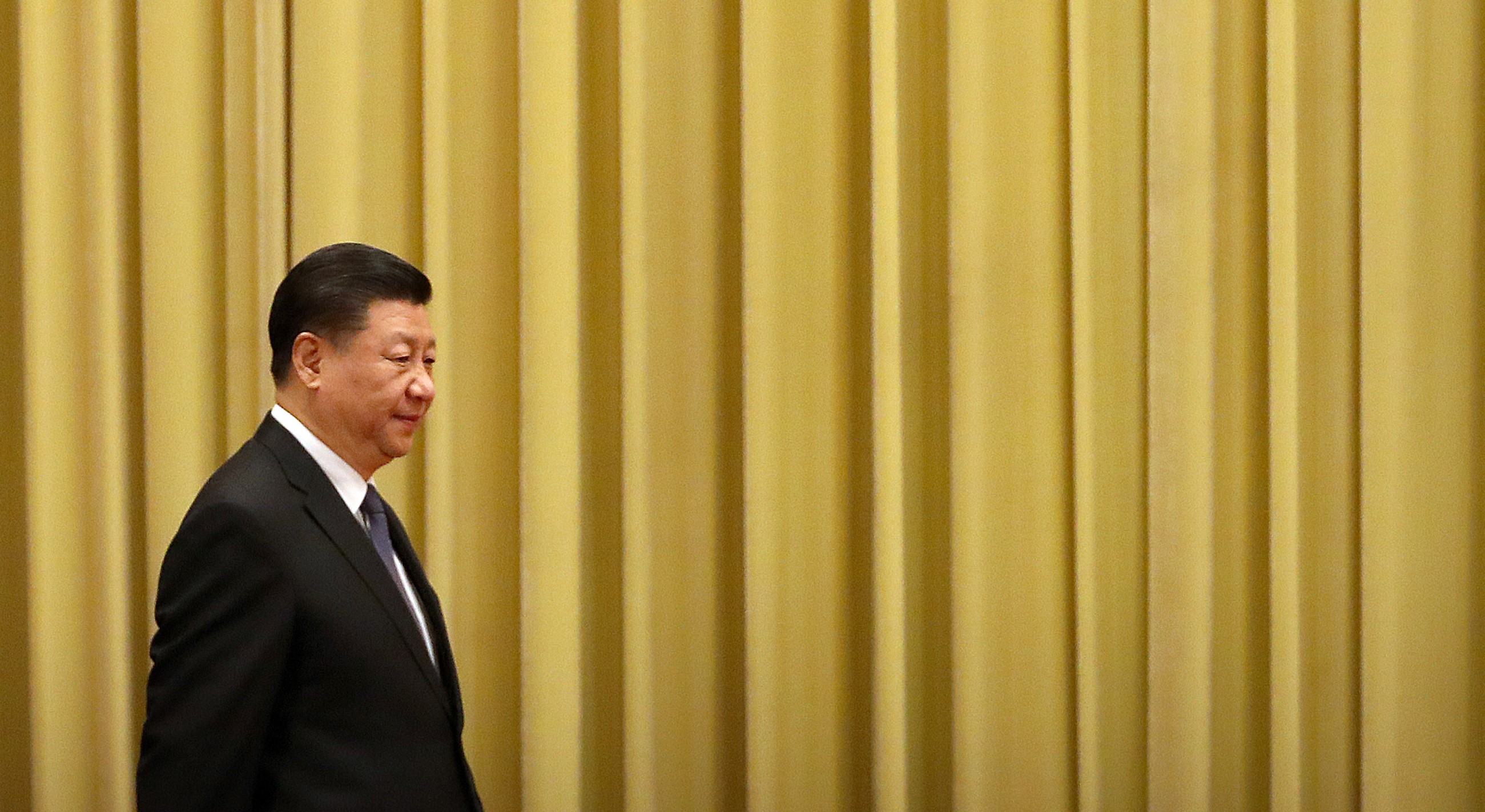

With Japan's surrender in August 1945, he now led a nation that, for the first time in nearly two decades, was not wracked by the traumas of economic depression or world war. Truman took office just as World War II entered its final stages. Leading America after Depression, New Deal, and World War More importantly, Truman treated the CEA as a set of presidential advisers, rather than as an independent body, and made sure that it remained under his control. Truman instead staffed the CEA with a mix of conservatives and liberals, although the liberal Leon Keyserling ran the CEA after November 1949 and worked closely with Truman. The Employment Act of 1946 created the CEA to help the President formulate economic policy liberal Democrats in Congress particularly wanted the CEA to be a preserve for progressives and liberal New Dealers. On the domestic side, the most important addition was the Council of Economic Advisers (CEA). Truman, though, fearful of losing control over the policy process, acted largely as his own "chief of staff," meeting with aides, assigning tasks, and defining his administration's agenda.ĭuring the Truman years, the President's staff continued to grow in size. Steelman became "the assistant to the President" in December 1946, a position from which he oversaw countless administrative tasks that were required in the White House. Clifford, the more important of the two, advised the President on political and foreign policy issues, replacing Rosenman as special counsel to the President in January 1946. The two most involved staffers in the Truman administration, however, were Clark Clifford and John Steelman.

Louis Post-Dispatch-came on as press secretary and Senate aide Matthew Connelly became the President's appointments secretary. Old friend Charles Ross -a highly respected Washington reporter for the St. Truman, of course, placed his own trusted confidantes in key staff positions. Other Roosevelt staffers, like special counsel Sam Rosenman and budget director Harold Smith, continued to serve in their positions for a short time. Several well-known members of FDR's team-like Harry Hopkins and press secretary Steve Early-did not join the Truman administration (though Hopkins answered Truman's call to service on a few occasions). The New Deal and the war years highlighted the increasingly important and powerful role that a President's staff played in policymaking. It also included the Bureau of the Budget, formerly a part of the Treasury Department but, owing to the Executive Reorganization Act of 1939, now housed in the Executive Office of the President. By the mid-1940s, the President's staff included administrative assistants, appointments and press secretaries, and counsels to the President. Truman also inherited Roosevelt's staff of presidential advisers. Howard McGrath became the center of a corruption scandal which cut into Truman's popularity. Truman's appointees, however, were largely undistinguished and contributed little to his presidency. Yet the new President had little confidence in this group by the spring of 1946, he had replaced many of those officials with men of his own choosing. Truman asked FDR's cabinet to remain in place as he settled into the presidency. Finally, Truman's experiences in Missouri politics-and especially his two electoral victories that brought him to the Senate-demonstrated a deft understanding of the various groups that made the political philosophy of liberalism and the Democratic Party the reigning institutions in American political life. Truman also seemed to relish making politically difficult decisions. The public related well to Truman, thinking him hard-working and honest. The new President did have other qualities that recommended him for the job. Truman, moreover, lacked Roosevelt's stature, charisma, and public-speaking skills. Roosevelt's shadow would be difficult for Truman-or any Democrat, for that matter-to escape. role in post-war international relations supervising the American economy's transition from a war-time to a peace-time footing and maintaining the unity of a fractious and powerful Democratic Party.īut perhaps Truman's most daunting task was following his esteemed predecessor, who had remade American governance, the Democratic Party, and the office of the presidency during his unprecedented twelve years in office. He surely knew he faced a difficult set of challenges in the immediate future: overseeing the final defeats of Germany and Japan managing the U.S. Roosevelt on April 12, 1945, Vice President Harry S.


 0 kommentar(er)
0 kommentar(er)
